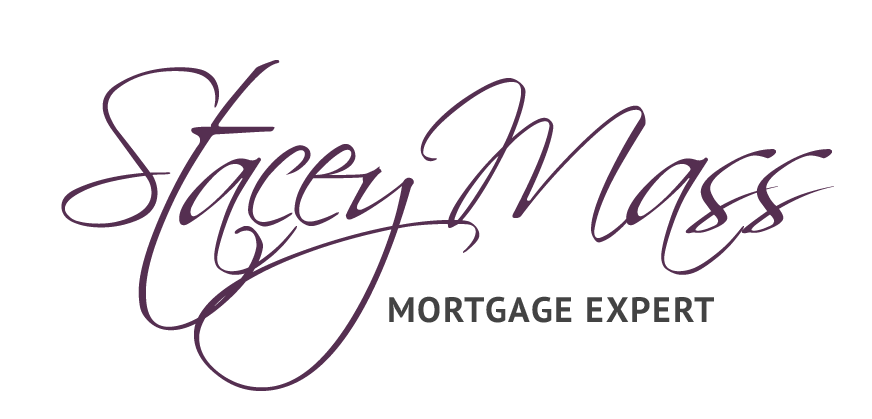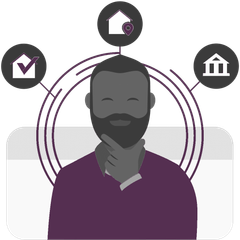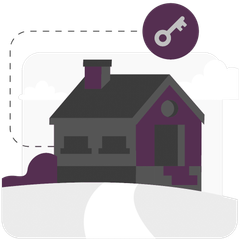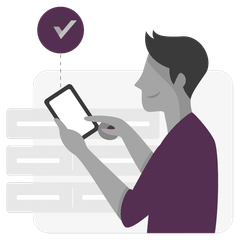Get in touch
403-650-6596
stacey@massmortgage.ca
Mortgage financing. Looking after your best interest is my goal.
Stacey Mass | Mortgage Expert in Calgary
Let me help you find a mortgage that is best suited to your needs.
I specialize in educating clients to ensure stress-free mortgage financing. It would be a pleasure to work with you.
Mortgage financing can be confusing, it doesn't have to be, here's the plan.
Get started right away
The best place to start is to connect with me directly. The mortgage process is personal. My commitment is to listen to all your needs, assess your financial situation, and provide you with a clear plan forward.
Get a clear plan
Sorting through all the different mortgage lenders, rates, terms, and features can be overwhelming. Let me cut through the noise, I'll outline the best mortgage products available, with your needs in mind.
Let me handle the details
When it comes time to arranging your mortgage, I have the experience to bring it together. I'll make sure you know exactly where you stand at all times. No surprises. I've got you covered.
Hello, my name is Stacey Mass and I have specialized in building lasting relationships with my clients since becoming a mortgage associate in 1999. Prior to becoming a mortgage associate, I began a short career as an assistant to a home builder and noticed a great need and opportunity in assisting home buyers/owners with getting the RIGHT mortgage for their needs and lifestyle. It was a no‑brainer for me to make the switch! Hundreds of mortgage transactions, and years later ‑ I can still proudly say that my personal best is always forefront in every transaction. I love to help with providing options and strategies for my clients. I enjoy the freedom of working on my own and combining 2 of my strongest attributes which include helping others through reviewing and analyzing information and using my calculator!
Finding the right mortgage is far more complicated than getting the best rate! There are so many variables and fine print that need to be considered. Perhaps there are ways to utilize the equity in your home or use your rental equity as a bigger tax deduction. Perhaps you CAN get a mortgage as a self employed individual who doesn’t claim a lot of income – or get approved for a mortgage after credit issues. I will analyze scenarios for you such as – should you sell your existing home before moving to a new home or would you be able to keep it and rent it out? How much of the new rental income can we use while still getting best rates? Do we need a renter in place first? And so on… My favourite part of the mortgage transaction is finding options you didn’t know you had!
Some interesting facts about me: I’m a wife, and mother of 3 kids ‑ 2 dogs, 2 cats and a horse, while my favourite vacation spot is any port on a CRUISE! I would love to talk with you, feel free to contact me anytime!
Here are some nice things clients have said about working with me.
I can help you arrange mortgage financing for the following services:
Home Purchase
Mortgage Refinance
Mortgage Renewals
First Time Home Buyers
Investment Property
Buying Your Next Home
Mortgages in Retirement
Construction Financing
Self-Employed
Divorce/Separation
New to Canada









